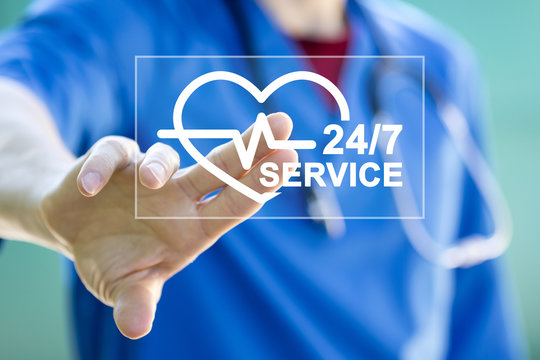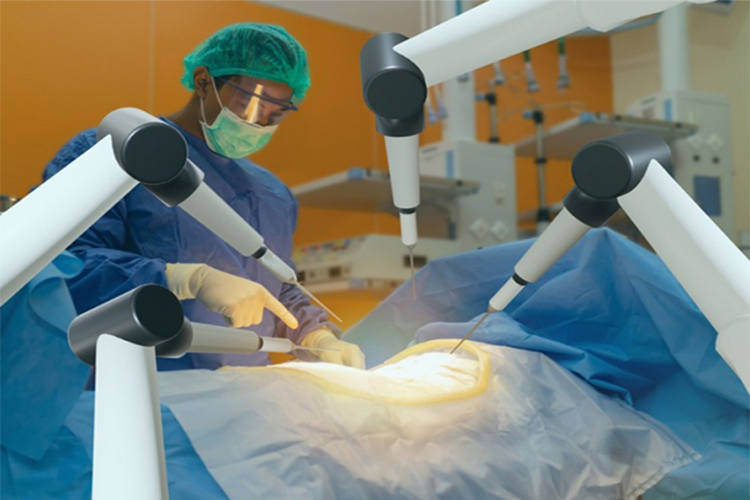Cardiac Catheterization Laboratory
A Cardiac Catheterization Laboratory, often referred to as a Cath Lab, is a specialized medical facility equipped with advanced imaging technology and instrumentation used for diagnosing and treating various cardiovascular conditions. It's typically a part of a hospital's cardiology department or an independent cardiovascular center.
Here's an overview of what happens in a typical Cardiac Catheterization Laboratory:
Patient Preparation: Before the procedure, the patient's medical history is reviewed, and they may undergo various tests to assess their cardiovascular health. They are typically instructed to fast for several hours before the procedure.
Diagnostic Procedures: Once the catheter is in place, various diagnostic tests can be performed. These may include:
Coronary Angiography: Dye is injected through the catheter to visualize the coronary arteries on X-ray images, allowing the detection of blockages or narrowing.
Left Ventriculography: Dye is injected into the left ventricle to assess its function and detect abnormalities.
Right Heart Catheterization: Measures pressures in the heart chambers and blood vessels to evaluate heart function and diagnose conditions such as pulmonary hypertension.
Interventional Procedures: In addition to diagnostic tests, the Cath Lab is also used for interventional procedures to treat cardiovascular conditions. These may include:
Angioplasty: A balloon-tipped catheter is used to widen narrowed or blocked arteries, often followed by the placement of a stent to keep the artery open.
Percutaneous Coronary Intervention (PCI): A procedure to treat coronary artery disease by opening blocked arteries using techniques such as angioplasty and stent placement.
Electrophysiology Studies: Used to diagnose and treat abnormal heart rhythms (arrhythmias) by mapping the heart's electrical system and sometimes performing ablation therapy to correct irregular heartbeats.
Post-Procedure Care: After the procedure, patients are monitored closely for any complications. They may need to stay in the hospital for observation and recovery, depending on the type of procedure performed.
Cardiac Catheterization Laboratories play a crucial role in the diagnosis and treatment of various cardiovascular conditions, offering minimally invasive alternatives to traditional surgical approaches and enabling rapid recovery times for patients.

 Welcome To Lords Health Care
Welcome To Lords Health Care Welcome To Lords Health Care
Welcome To Lords Health Care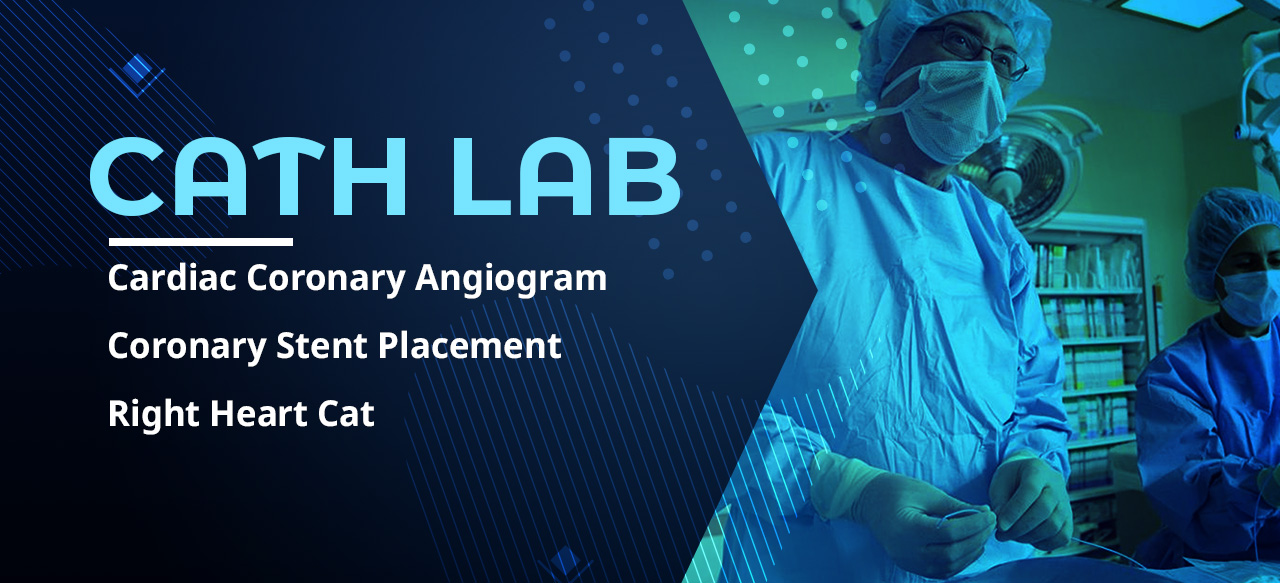 Welcome To Lords Health Care
Welcome To Lords Health Care Welcome To Lords Health Care
Welcome To Lords Health Care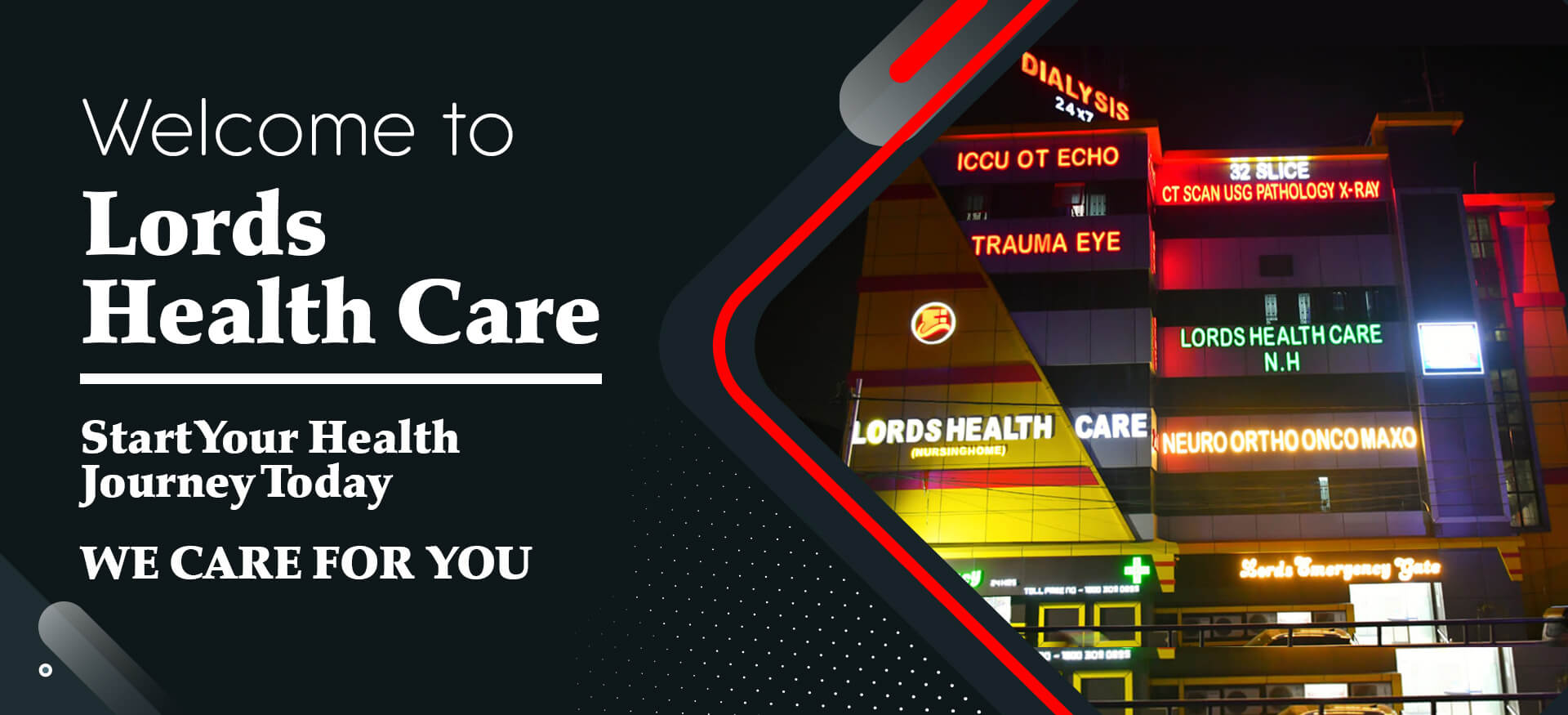 Welcome To Lords Health Care
Welcome To Lords Health Care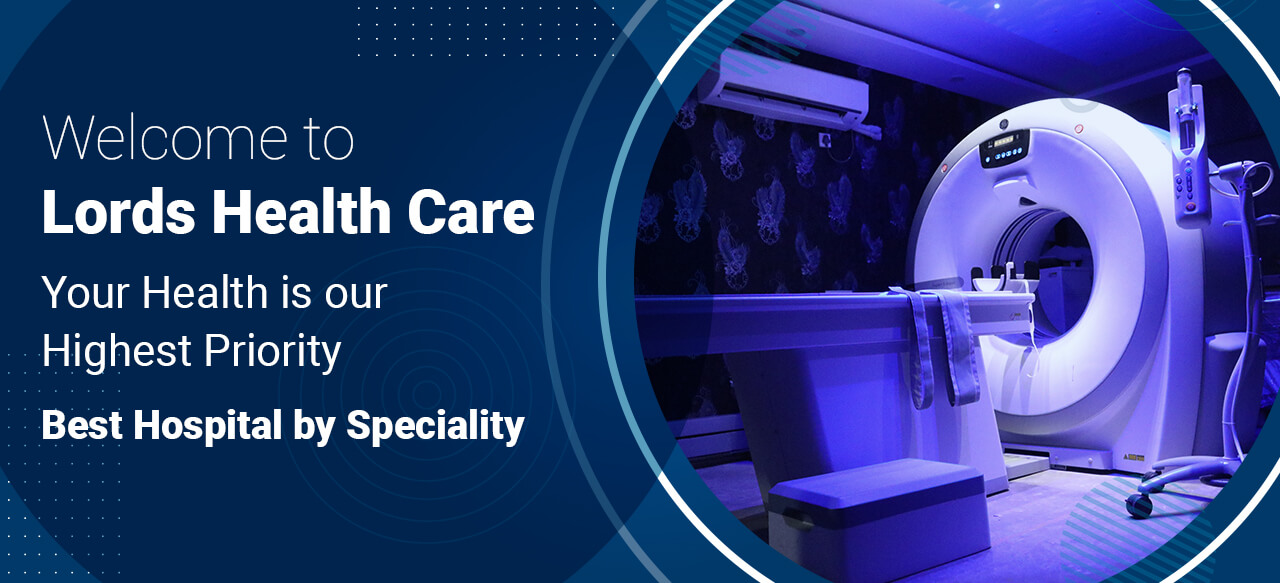 Welcome To Lords Health Care
Welcome To Lords Health Care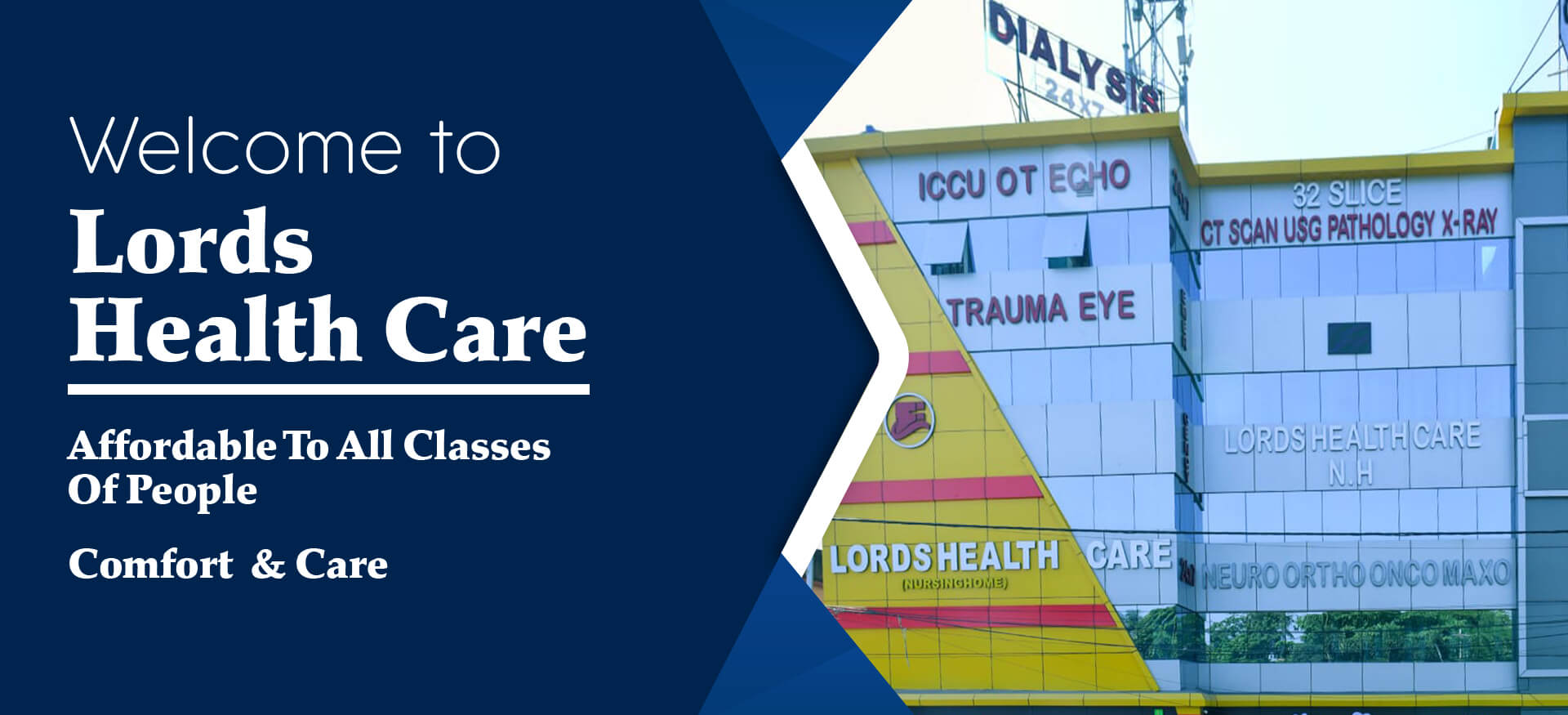 Welcome To Lords Health Care
Welcome To Lords Health Care
